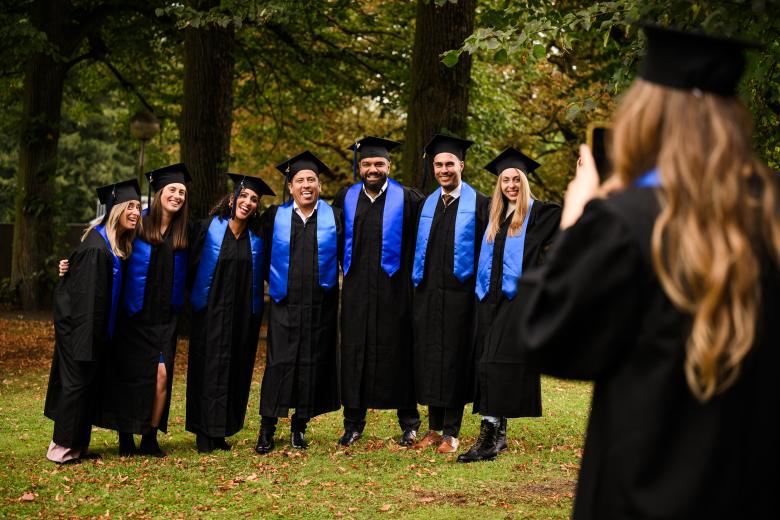UM Executive Board statement on politically sensitive meetings
The UM Executive Board and Faculty Boards regularly receive questions about meetings on politically or socially sensitive subjects held within the university’s walls and organised by employees and/or students. A panel discussion scheduled to take place this week has also led to questions. It has prompted the Executive Board to make the following statement:
Within our university, we want to offer as much space as possible to exchange views freely. We regard this as key to an academic environment such as ours. The university wants to facilitate this exchange of views, without itself taking positions expressed during those activities taking place within the university’s walls by our staff, students or other participants in those activities.
However, we do think it is important that there is room for debate and for the right to reply during and around those activities facilitated by UM, and that a safe working and learning environment is created for everyone. This also applies to the meeting organised by Free Palestine Maastricht (FPM) on Wednesday 23 March.
FPM has agreed to our demand to organise their activity in an open and inclusive environment, where there is room for different perspectives. After the event, we will meet with the organisers to assess whether these agreements have been met and to determine whether similar meetings will be possible and desirable in the future.
Also read
-
Study Smart gets Dutch Education Premium
Maastricht University's (UM) interfaculty educational innovation project Study Smart is one of the three winners of the Dutch Education Premium 2025. This was announced on Tuesday during the Comenius festival in The Hague.

-
Maastricht University recognised among top institutions in CEO Magazine’s 2025 Green MBA Rankings
We are proud to share that Maastricht University School of Business and Economics has been recognised as a top-ranked institution in the CEO Magazine 2025 Green MBA Rankings.

-
Language policy in European higher education
The increased Englishization of higher education is under discussion in several European countries. What does a balanced language policy look like that does justice to both the increasingly international character of higher education and a country's language-related cultural identity? At an...
